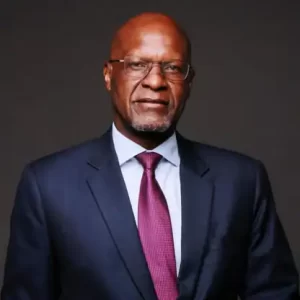
By:Justicia Shipena
Mines Minister Tom Alweendo, has stressed that recent oil and gas discoveries are not an automatic solution to Namibia’s socio-economic challenges.
Alweendo was addressing nearly 700 delegates from 16 nations at the Mercure Hotel in Windhoek, at the opening of the Oil and Gas Conference this week.
Key actors in Namibia’s oil and gas system, as well as civil society and the general public, are exchanging ideas about the potential, opportunities, and dangers of establishing an oil and gas sector in the country.
“The oil and gas discoveries in commercial quantities have raised our expectations for significant revenue flow and employment opportunities for Namibians,” said Alweendo.
He did, however note, the finds had the potential to substantially contribute to economic development and prosperity.
He went on to say the growth of an oil industry is naturally fraught with uncertainties and complexity.
While considerable oil investments are projected to pour into Namibia, Alweendo believes that prosperity will not follow.
Thus, he stated prosperity will come only if investments and the resulting oil wealth are well-managed.
“Poor management of the oil and gas sector can drive corruption and inequality that, in turn, will fuel social tensions and threaten political stability,” he said.
Namibia, a land of rough terrain and abundant natural resources, is confronted with a perplexing dilemma known as the “resource curse.”
Graham Hopwood, executive director of the Institute for Public Policy Research (IPPR), views this curse as a threat to the country.
“The issue of the resource curse is a clear danger for Namibia,” said Hopwood.
Hopwood’s remarks also fits in with Mines and Energy Minister Tom Alweendo’s incessant preaching over whether Namibia’s oil finds are a blessing or a curse.
According to Hopwood, this indicates that resource-rich countries have slower economic growth and greater social issues than less-endowed ones.
He however stated, when these resources are exploited properly, they may increase prosperity for present and future generations; when they are misused or wasted, they can produce economic instability, social strife, and long-term environmental damage.
“In general, oil- and gas-rich countries are more authoritarian, more prone to conflict, and less economically stable than countries without these resources,” said Hopwood.
In reference to the resource curse, he stated that economic development might begin to lag well before the first drop of oil is produced.
He expounded the public’s and politicians’ expectations must be handled carefully.
“All these high expectations mentioned have to be managed carefully because it is a common situation in many countries where expectations are unrealistically high,” he adds.
According to Hopwood, this may lead to an overall optimistic estimate for the economy and, in particular, government revenue, adding that this is where temptations arise when governments begin borrowing at unsustainable levels.
“We have to see those warning signs at the moment and make sure they don’t happen. This can lead to negative policy developments and risky borrowing.”
Hopwood highlighted, when the resource curse occurs, there is a breakdown of economic restraint, which all too frequently leads to a widespread sense of public dissatisfaction later on.
Namibia has recently been a hotspot for oil and gas development, with two light crude oil finds in the Orange Basin in the previous 18 months, notably Venus and Graff.
Namibia’s natural resources are projected to be 11 billion barrels of oil and 2.2 trillion cubic feet of natural gas reserves, according to data.
The Conference takes place at a time when the Namibian Petroleum Corporation (Namcor), in collaboration with partners Shell Namibia Upstream B.V. and Qatar Energy, reported the finding of volumes of light oil at the Graff-1 well offshore Namibia in February 2022.
Shortly thereafter, TotalEnergies made a similar finding of light oil in Block 2913B of the Orange Basin.
Meanwhile, Prime Minister, SaaraKuugongelwa-Amadhila stated the Venus find, which is located south of the orange basin, is the world’s second greatest deep water oil discovery since 2015.
She believes that if verified in conjunction with other recent oil finds, Namibia would be among the top 15 oil-producing countries by 2035.
According to preliminary Namcor projections, the development of Graff and Venus will bring about U$240 billion to Namibia’s GDP by 2043, which can be divided down into U$150 billion in direct value added, 33 billion US dollars in indirect value added, and U$57 billion in induced value.
“Economic prosperity will be within reach for all Namibians. From the moment Namibia’s oil discoveries made global headlines, we have been inundated with congratulatory messages on one hand, and warnings about the curse of oil on the other,” said Kuugongelwa-Amadhila.
At the same time, Kuugongelwa-Amadhilaemphasised the expansion of the oil and gas industry should not come at the price of other equally vital sectors of our economy.
She also addressed the dilemma of Namibia’s intentions to explore both oil and gas on the one hand, and renewable energy on the other, arguing that Namibia’s economy has still to be industrialised and must use all of its resources to achieve this.
Although low-carbon industrialisation is the goal, African countries agree that it is costly, and that in order to be a part of the global energy transition, Namibia must exploit all of its resources in order to generate the revenues needed to transition to a low-carbon industrialised economy, Kuugongelwa-Amadhila said.
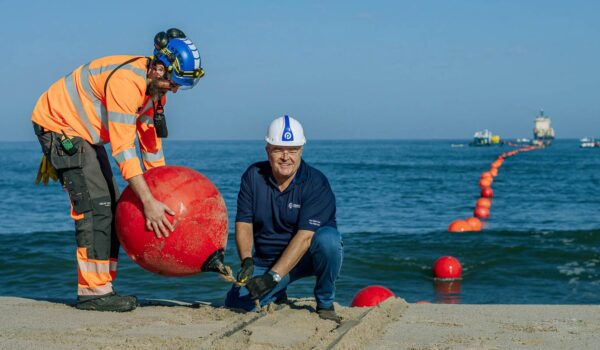



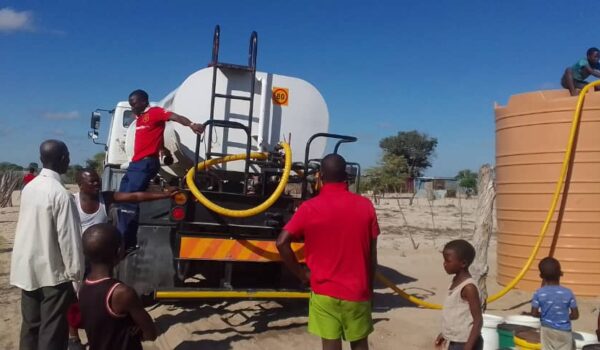
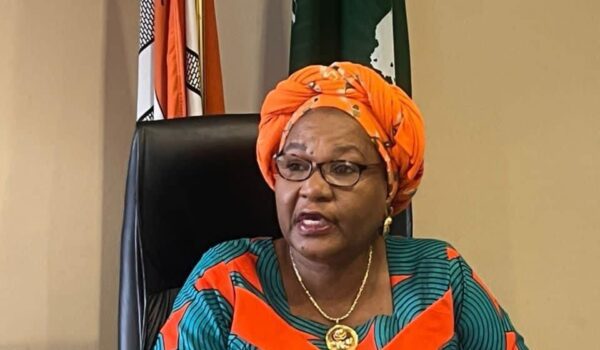

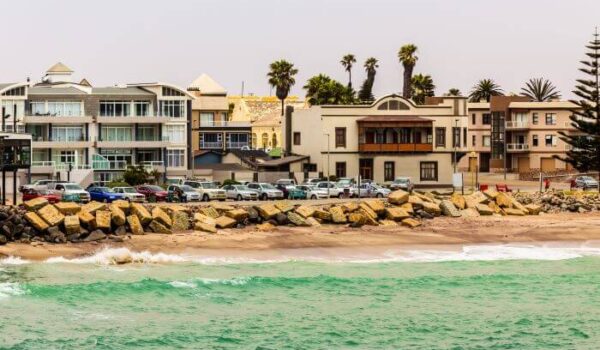
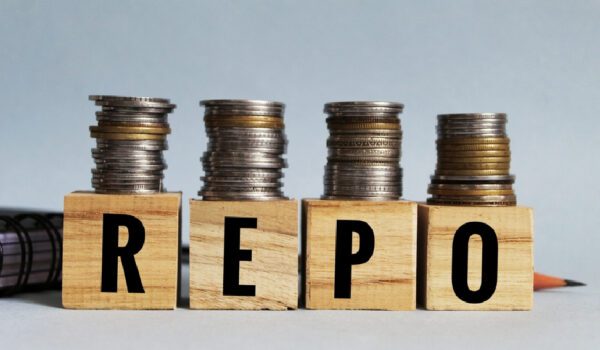
Comments